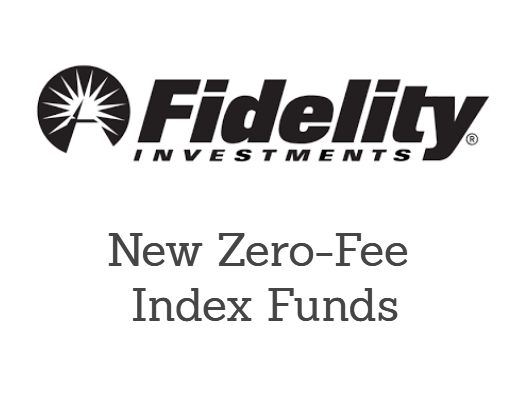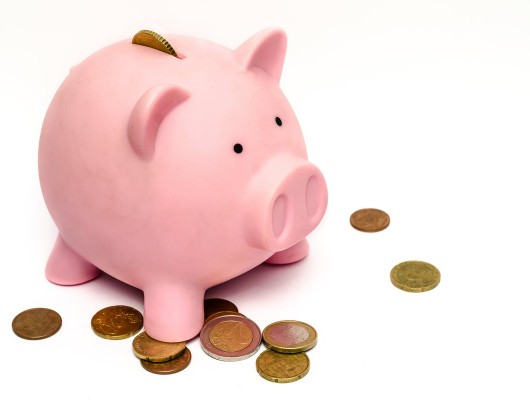 Facebook reported strong earnings on Wednesday, and shareholders rewarded the company by sending shares spiking higher in the after hours trading sesión.
Facebook reported strong earnings on Wednesday, and shareholders rewarded the company by sending shares spiking higher in the after hours trading sesión.
Facebook shares traded above $107 following the earnings report, which marks a new all-time high for the company and continues its positive roll. Since crossing $100/share recently, the company has really hit its stride with shares plowing higher.
It’s been a great reversal of fortunes for the formerly mocked social media company. Facebook IPOed at $42 per share, which at the time was viewed as an aggressively high price. It tumbled immediately and would end up dropping 50% before reaching its bottom.
Since then, buyers have been rewarded with a 5x return, as shares have leapt from the 20s to over $100 now. What’s responsible for Facebook’s reversal of fortune and now great performance?
The answer is quite simple. Unlike many of the social media companies, Facebook is profitable. And not just a little profitable, it makes a ton of money. In fact, it’s much closer to Alphabet, aka Google, than it is the likes of Twitter or Amazon.com.
Facebook’s Q3 earnings came in at 57 cents per share, which was well ahead of both expectations and the company’s recent run rate. At this stage, forward earnings around $2.50/share seem reasonable, which would give the company a 40 PE ratio.
That’s not cheap by any means, but the company is growing revenues at 40% a year, a pace that is actually accelerating as of late, and those revenues are doing a good job of translating into bottom line profits.
We wouldn’t go so far as to say that this company is cheap, not based on traditional valuation metrics. But compared to other internet and social media properties, Facebook has a very real business. Amazon is only rarely profitable. has been a disaster. Pandora, Yelp, Groupon, and Zynga all roll off the tongue as social media stock investing fiascoes.
With the exception of Amazon, all of those stock have both performed badly and have little to no earnings. To investors who have dismissed Facebook as just another internet fad aimed at transient young people, it may be time to reconsider the basis of their viewpoint.
For the quarter, Facebook continues to show excellent user growth. Monthly average users grew 4% for the quarter and 14% for the year to 1.55 billion people. Daily users, the real addicts, were up 4% for the quarter and 17% for the year, now topping 1 billion people.
The company continues to navigate the move to mobile successfully, mobile users reached 1.4 billion, and mobile exclusive users account for half that.
Facebook now shows more than 8 billion videos per day, up from a billion as recently as April. If executed right, video ads could be a big growth platform for the company.
Ad prices rose a startling 61% year-over-year, though ad impressions dropped 10%, largely due to the smaller screen space of mobile. Still, that ad price growth is impressive.
Other positives include that Facebook Groups have nearly a million users, Instagram hosts nearly 100 million new photos a day, and 20% of total US phone usage time is on Facebook and Instagram. Also positive, the company now has more than 2.5 million advertisers, up from under 2 million at the start of the year.
On the downside, site stickiness may be falling. Only 34% of Facebook users updated their status during Q3. This helps explain why the site, to some users, feels more ad-driven, stale, and uninteresting compared to past years. Previously, more than half of users updated their status at least quarterly.
Costs continue to escalate as well, with the company boosting headcount by more than 1,000. Also, founder Mark Zuckerberg noted that the China access issue remains a “complex situation” for the company.
All in all though, it was another good quarter for Facebook and shares rightfully are heading higher. The company has managed to overcome the main obstacle to social media businesses, monetizing eyeballs, and built a sustainable business model. For growth orientated tech investors, this is among the better large-cap options.


